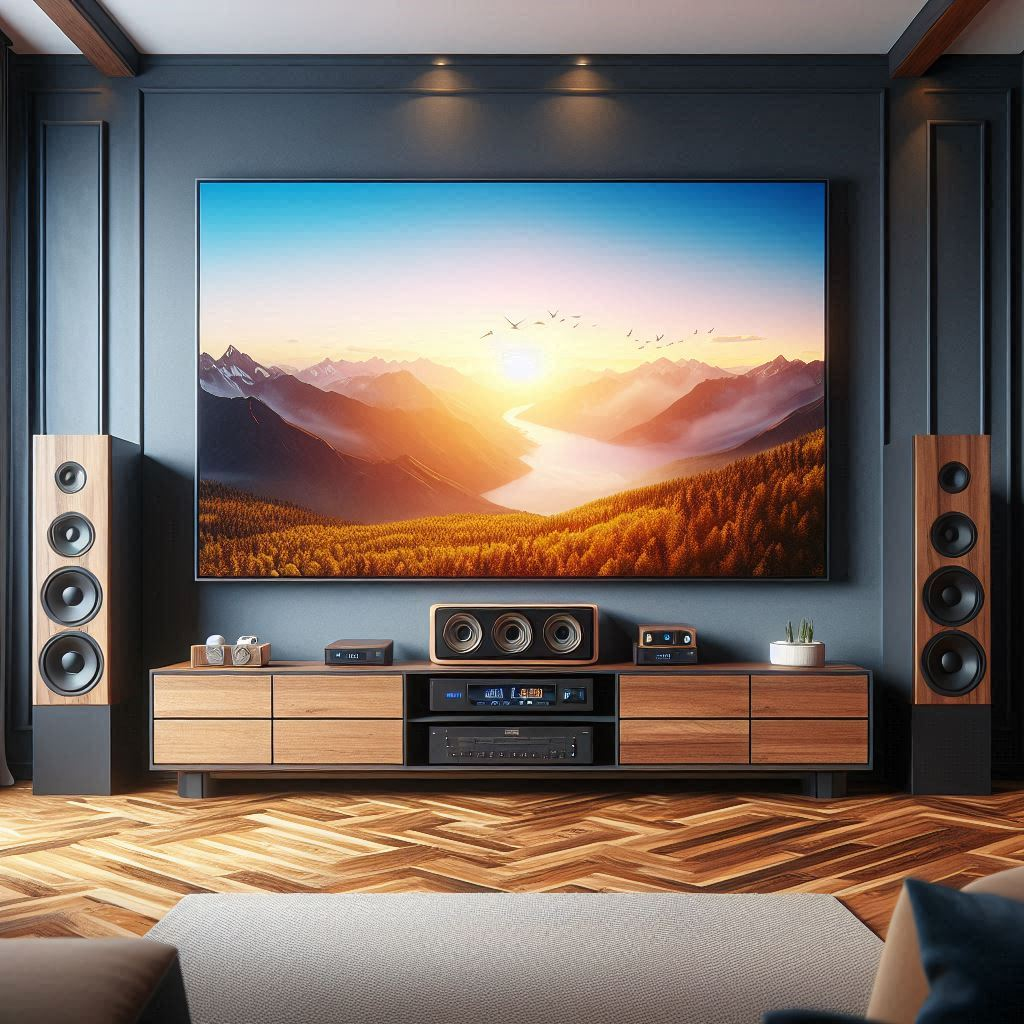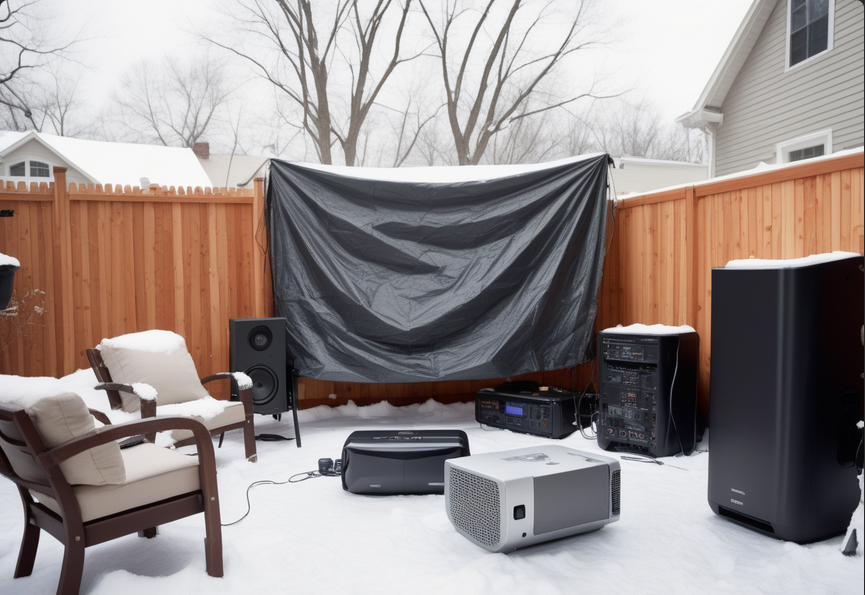How to Choose the Right Speakers for Your Home: A Comprehensive Guide
When it comes to setting up a home audio system,
choosing the right speakers is crucial.
Speakers play a vital role in delivering high-quality sound and immersing you in your favorite music, movies, or games. With the wide variety of speaker options available on the market, it can be overwhelming to determine which ones are best suited for your home. In this guide, we'll walk you through the key factors to consider when choosing the right speakers for your home audio setup.
1. Determine Your Needs and Budget: Before diving into the technical aspects, it's essential to assess your needs and set a budget. Consider the purpose of the speakers (music, movies, gaming, etc.), the room size, and your listening preferences. This will help you establish realistic expectations and narrow down your choices within your budget range.
2. Speaker Types: There are different speaker types to choose from, each with its unique characteristics:
a. Bookshelf Speakers: These compact speakers are versatile and suitable for smaller spaces or as part of a larger home theater system. They offer excellent sound quality and can be placed on stands, shelves, or mounted on walls.
b. Floor-standing Speakers: Floor-standing speakers provide powerful and full-range sound reproduction. They are larger and more suitable for spacious rooms where their size and presence can be appreciated.
c. In-Wall or In-Ceiling Speakers: These speakers are designed to be mounted flush into walls or ceilings, providing a clean and unobtrusive look. They are ideal for distributed audio systems or when you prefer speakers to be less visible.
d. Sound bars: Sound bars are sleek, all-in-one speaker systems that provide improved sound quality compared to built-in TV speakers. They are a popular choice for enhancing TV audio and can be easily mounted or placed below the TV.
3. Sound Quality: The sound quality of speakers is determined by various factors:
a. Frequency Response: Look for speakers with a wide frequency response range. A broader range allows for more accurate reproduction of low, mid, and high-frequency sounds.
b. Sensitivity: Speakers with higher sensitivity ratings (measured in decibels or dB) require less power to produce sound, making them more efficient. Higher sensitivity speakers can deliver louder volumes with less amplifier power.
c. Impedance: The speaker's impedance (measured in ohms) should match the amplifier's output impedance for optimal performance. Ensure compatibility between your speakers and the audio receiver or amplifier you plan to use.
4. Room Considerations: Take into account the room's characteristics and layout:
a. Room Size: Larger rooms generally require speakers with greater power handling and larger driver sizes to fill the space with sound effectively.
b. Acoustic Treatment: Consider the room's acoustic properties. Factors like room shape, furniture placement, and wall materials can impact sound quality. In some cases, acoustic treatments like curtains, carpets, or wall panels may be necessary to minimize sound reflections and optimize the listening experience.
c. Placement Options: Determine where you plan to position your speakers. Bookshelf speakers might require stands or shelves, while floorstanding speakers need adequate floor space. In-wall or in-ceiling speakers should be strategically positioned for optimal sound distribution.
5. Brand Reputation and Reviews: Research and consider the reputation and customer reviews of different speaker brands. Look for brands known for their quality, reliability, and customer support. Reading reviews from other users can provide valuable insights into the performance and durability of specific speaker models.
6. Demonstration and Audition: Whenever possible, audition speakers before making a purchase. Visit local audio stores where you can listen to different speaker models and compare their sound quality. This hands-on experience can help you make an informed decision based on your personal preferences.
Choosing the right speakers for your home audio system involves a thoughtful evaluation of your needs, room characteristics, sound quality factors, and budget. By considering the various speaker types, understanding sound quality metrics, and factoring in your room's characteristics, you can make a well-informed decision. Remember to prioritize reputable brands, read customer reviews, and whenever possible, audition the speakers before finalizing your purchase. With the right speakers in place, you can elevate your audio experience and enjoy immersive sound throughout your home.















